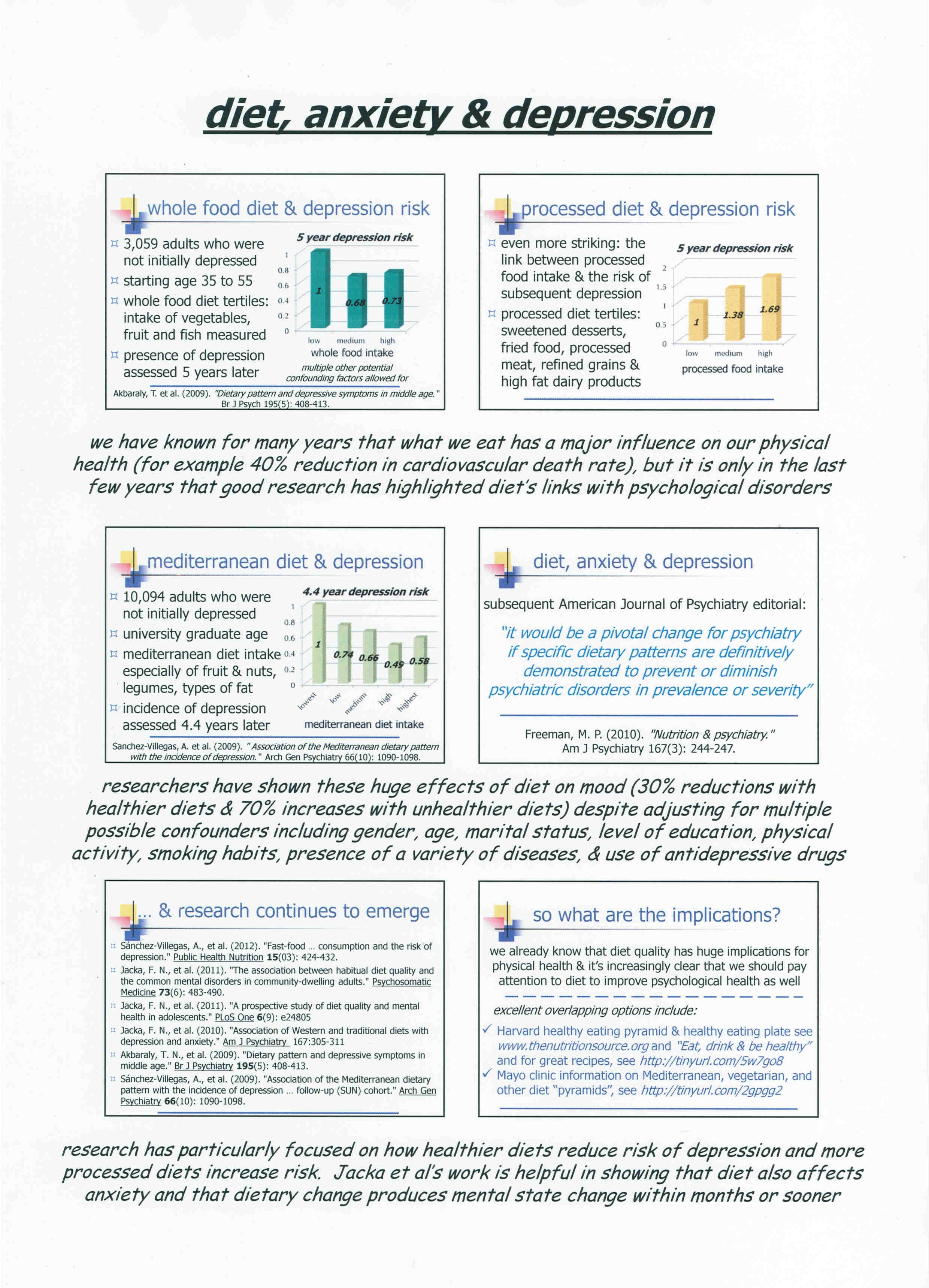Strength training exercises improve both physical & psychological health
Last updated on 11th May 2019
Poor muscle strength predicts increased vulnerability to both physical & psychological health problems and earlier death, in addition to the contribution of poor aerobic, heart-lung fitness. This is true for both men & women and for all assessed age ranges. Mechanisms underlying these effects are probably multifactorial, including metabolic/biochemical, neurological & psychological factors. Research studies have assessed overall muscular strength in a variety of ways including grip strength, push-ups, chair-stands, and squat weight-lifts. Happily, muscle strengthening interventions can yield major benefits across multiple health domains. Here are a dozen interesting papers addressing these areas published in the last few years:

